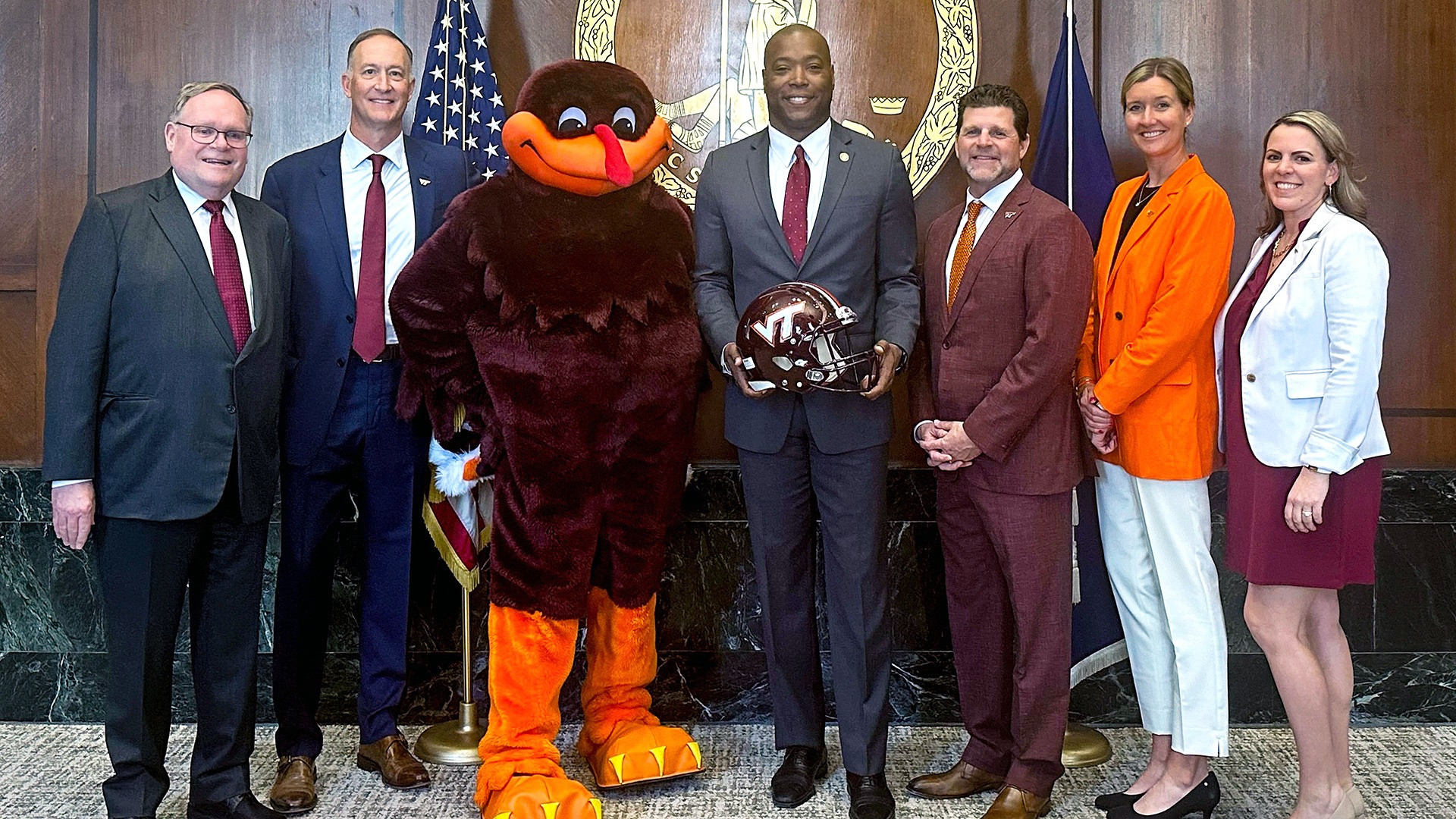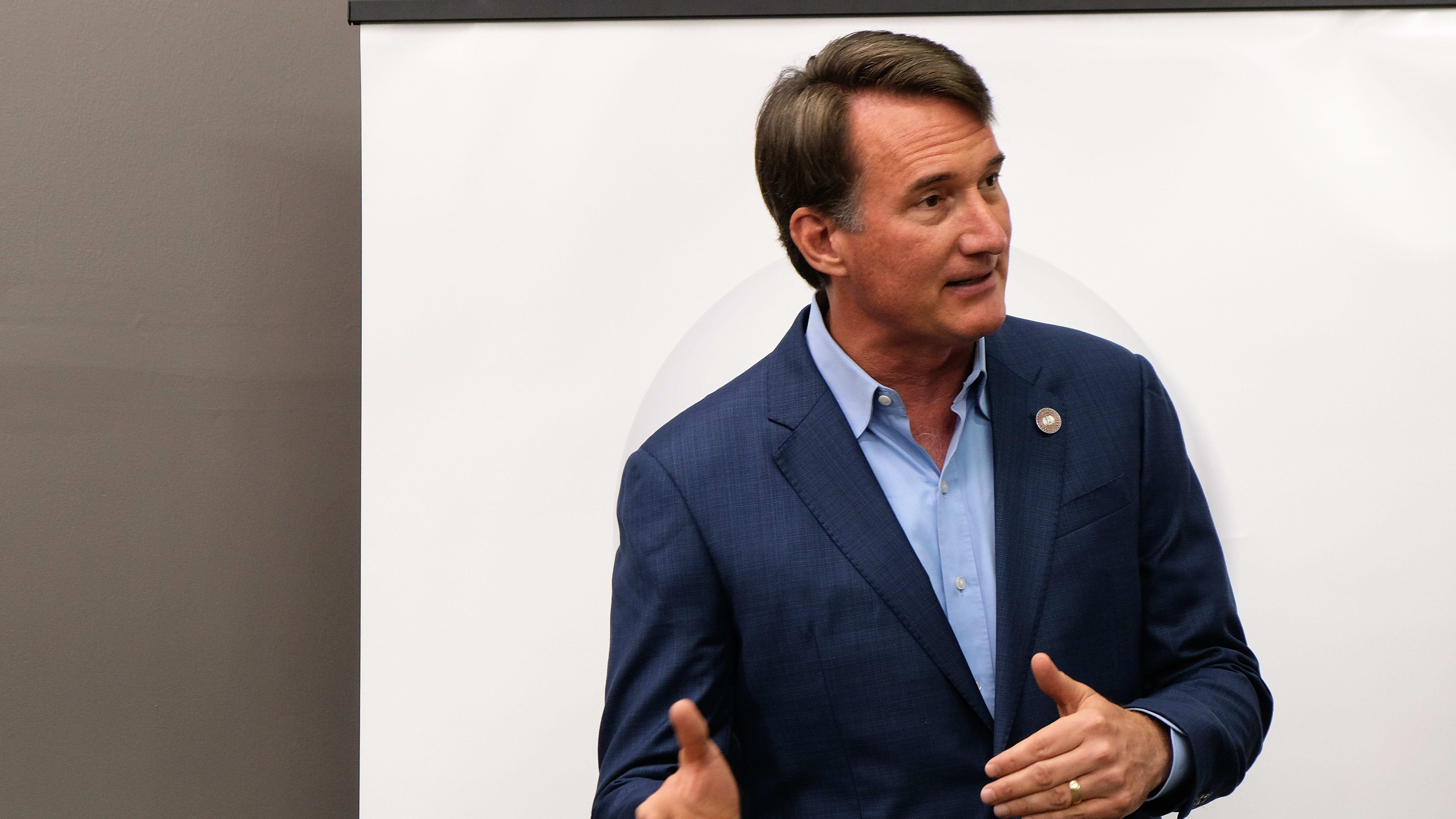The Virginia NIL law has created a seismic shift in the landscape of collegiate athletics, granting student-athletes unprecedented opportunities to profit from their name, image, and likeness (NIL). This landmark legislation empowers athletes to monetize their personal brands, paving the way for a more equitable and entrepreneurial future. With the law now in effect, Virginia joins the growing number of states embracing this transformative change, fundamentally redefining the relationship between athletes, universities, and the broader sports ecosystem.
Enacted to level the playing field, the Virginia NIL law has sparked a surge of interest and debate among athletes, universities, and NCAA officials nationwide. By allowing student-athletes to enter into endorsement deals, sponsorships, and other revenue-generating partnerships, this law acknowledges the immense value they bring to their sports and institutions. Moreover, it underscores the state's commitment to aligning with modern-day expectations of fairness and economic opportunity in collegiate sports.
As the Virginia NIL law continues to unfold, it is crucial to understand its implications, benefits, and challenges. This article delves deep into the intricacies of the law, exploring its origins, key provisions, and far-reaching impact on student-athletes, universities, and the NCAA. Whether you're an aspiring athlete, a parent, or a sports enthusiast, this comprehensive guide offers valuable insights into one of the most significant developments in the history of college sports.
Read also:The Impact And Journey Of Delaware Christine Odonnell
Table of Contents
- Overview of the Virginia NIL Law
- History of NIL Laws in the U.S.
- Key Provisions of the Virginia NIL Law
- Impact on Collegiate Athletes
- Challenges and Criticisms
- Role of Universities in NIL Deals
- Compliance and Regulatory Guidelines
- Economic Benefits for Student-Athletes
- Comparisons to Other State NIL Laws
- Role of Social Media in NIL Earnings
- Effects on Recruitment and Scholarships
- Gender Equity in NIL Deals
- Future Outlook of NIL Legislation
- Frequently Asked Questions
- Conclusion
Overview of the Virginia NIL Law
The Virginia NIL law represents a significant policy shift designed to empower student-athletes by granting them the ability to profit from their name, image, and likeness. This legislation allows collegiate athletes to engage in endorsement deals, sponsorships, and other commercial opportunities without jeopardizing their NCAA eligibility. By addressing the long-standing inequities in college sports, the Virginia NIL law aims to provide athletes with the financial freedom to capitalize on their marketability.
Key features of the law include provisions that prohibit universities from interfering with NIL deals and ensure that athletes retain autonomy over their financial negotiations. Importantly, the legislation also includes safeguards to prevent exploitation and maintain compliance with NCAA regulations. The Virginia NIL law not only aligns with national trends but also positions the state as a leader in fostering fairness and innovation in collegiate athletics.
History of NIL Laws in the U.S.
The journey toward NIL legislation in the U.S. has been marked by years of advocacy, legal battles, and public discourse. Historically, the NCAA prohibited student-athletes from profiting off their name, image, and likeness, citing amateurism as a cornerstone of collegiate sports. However, this stance faced mounting criticism for its inherent inequities, as universities and organizations profited immensely from athletes' performances and marketability.
The turning point came in 2019 when California passed the Fair Pay to Play Act, becoming the first state to allow NIL compensation for college athletes. This groundbreaking legislation set off a domino effect, with other states, including Virginia, following suit. By 2021, the NCAA adopted an interim NIL policy, enabling athletes nationwide to monetize their NIL rights. The Virginia NIL law is a continuation of this movement, reflecting the widespread recognition of athletes' rights to financial autonomy.
Key Provisions of the Virginia NIL Law
The Virginia NIL law is built on a framework of key provisions designed to balance the interests of student-athletes, universities, and the NCAA. These provisions include:
- Autonomy for athletes: Student-athletes have the right to negotiate and enter into NIL agreements without university intervention.
- Prohibition of exclusivity: Universities cannot require athletes to use specific agents or marketing representatives.
- Transparency in contracts: Athletes must disclose NIL agreements to their institutions to ensure compliance with NCAA rules.
- Protection from exploitation: The law includes safeguards to prevent predatory contracts and ensure fair compensation for athletes.
- Non-retaliation clause: Universities are prohibited from penalizing athletes for pursuing NIL opportunities.
These provisions underscore the law's commitment to fostering a fair and supportive environment for student-athletes to thrive both on and off the field.
Read also:Majestic Large Waves California Surf Science And Spectacular Views
Impact on Collegiate Athletes
The Virginia NIL law has profoundly impacted collegiate athletes, offering them unprecedented opportunities to monetize their talents and personal brands. For many athletes, this legislation represents a chance to achieve financial independence, support their families, and invest in their futures. Whether through endorsement deals, social media partnerships, or merchandise sales, NIL earnings have become a game-changer for student-athletes.
Beyond the financial benefits, the law also empowers athletes to build their entrepreneurial skills and gain real-world experience in contract negotiation, marketing, and personal branding. This holistic approach to athlete development aligns with the broader goals of higher education, preparing students for success beyond their athletic careers.
Challenges and Criticisms
While the Virginia NIL law has been widely celebrated, it is not without its challenges and criticisms. One major concern is the potential for disparities in NIL earnings, with high-profile athletes benefiting disproportionately compared to their less prominent peers. Additionally, the law raises questions about the role of agents, the risk of exploitation, and the need for financial literacy education for student-athletes.
Another point of contention is the potential impact on team dynamics and recruitment. With NIL opportunities influencing college choices, universities may face increased pressure to attract top talent, further intensifying competition in collegiate sports. Addressing these challenges will require ongoing dialogue, policy adjustments, and collaboration among stakeholders.
Role of Universities in NIL Deals
...
Frequently Asked Questions
1. What is the Virginia NIL law?
The Virginia NIL law allows collegiate athletes to profit from their name, image, and likeness through endorsement deals, sponsorships, and other revenue-generating opportunities.
2. When did the Virginia NIL law go into effect?
The Virginia NIL law officially went into effect on [insert date], marking a significant milestone in collegiate sports policy.
3. Can universities interfere with NIL deals?
No, the law prohibits universities from interfering with or restricting athletes' NIL agreements.
4. Are there any restrictions on NIL endorsements?
Yes, athletes must disclose their NIL agreements to their universities, and certain endorsements, such as those promoting illegal substances, may be prohibited.
5. How does the Virginia NIL law compare to other states' NIL laws?
The Virginia NIL law is similar to other state laws in granting athletes the right to monetize their NIL but includes unique provisions tailored to the state's collegiate sports landscape.
6. What resources are available to help student-athletes navigate NIL opportunities?
Many universities offer educational programs and resources to help athletes understand NIL contracts, financial management, and branding strategies.
Conclusion
The Virginia NIL law is a transformative step forward in collegiate athletics, offering student-athletes the chance to profit from their name, image, and likeness. By addressing long-standing inequities and providing a framework for fair compensation, this legislation sets the stage for a more equitable and innovative future in sports. As the landscape of NIL laws continues to evolve, Virginia remains at the forefront of this movement, championing the rights and opportunities of student-athletes.


